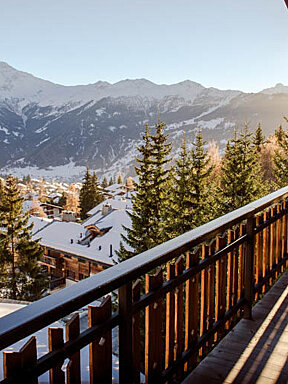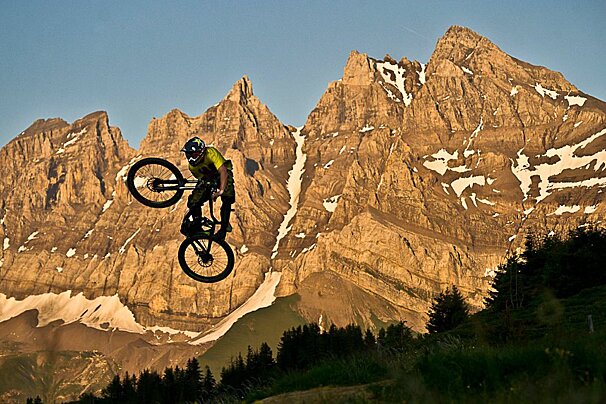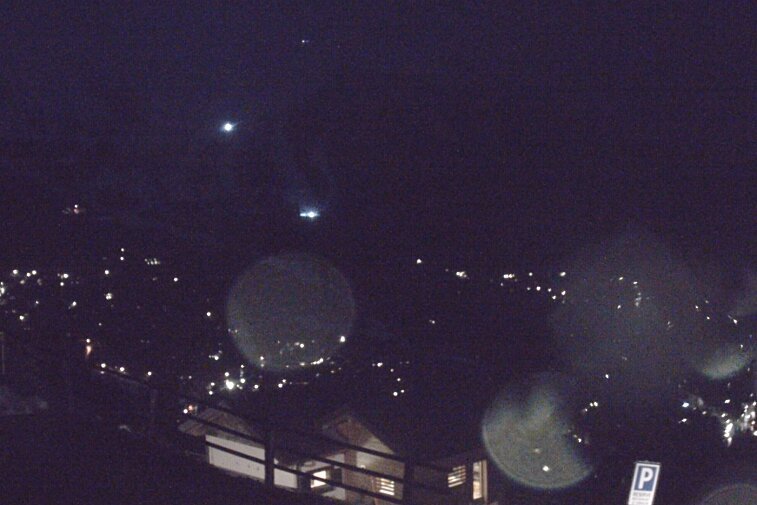Will I suffer from altitude sickness?
Although Verbier is not an especially high resort at 1500m, the skiing reaches up to 3330m (altitude sickness most commonly occurs above 2400m). Some of the lifts up to the higher peaks do ascend rapidly, which means that you might feel giddy when you get to the top and start to move around. Just take a moment to get your breath and steady yourself.
Being more out of breath than usual and finding exercise slightly more tiring are not uncommon when unaccustomed to being at altitude. Common symptoms include lack of appetite, nausea, fatigue, dizziness, light-headedness, insomnia, pins and needles, shortness of breath, rapid pulse, drowsiness/malaise, slight swelling of extremities. Many people will not be affected by any of these symptoms; altitude sickness affects everyone differently and some people not at all. However, if you are embarking on a high mountain expedition there are some symptoms that may indicate a more serious problem, for which you should seek immediate medical attention. These include a persistent dry cough, fever, shortness of breath that persists when resting, headache that does not respond to analgesics, unsteady gait, vomiting, loss of consciousness. These symptoms can be indicative of either fluid in the lungs or swelling of the brain, however as they affect very few people (fluid=2%, swelling=1%) they are worth knowing about but not worrying over.
Tips to Avoid Altitude Sickness:
- Drink plenty of water to prevent dehydration – the air at altitude is thinner and your lungs lose a higher rate of water vapour the higher up you are. The additional exertion of skiing/boarding (not to mention clumping round in your boots) may be more than you are used to and could add to your potential for dehydration. If you reward yourself with a lunchtime pint or vin chaud, make sure you take plenty of water on board as well.
- Be careful of the strength of the sun – it is much stronger than you realise and the extra body heat you work up combined with the glare of the sun off the snow could add to a headache or feeling of dizziness.
- Take it easy – we know you can’t wait for that first run of the holiday, but don’t dash out of the lift and go steaming down the mountain straight away! Take a few deep breaths, cruise the first few runs and let your body adjust.



























